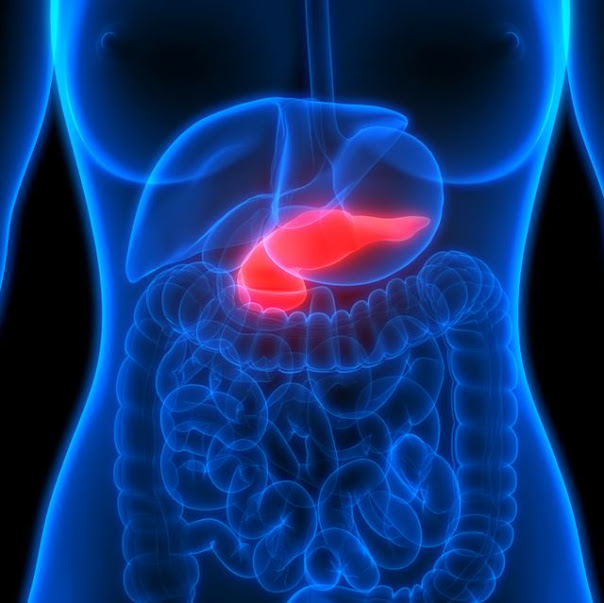Understanding Pancreatic Cancer: A Silent Killer
What is Pancreatic Cancer?
As per the pancreatic cancer support group, the pancreas is an organ in the belly that is very tiny but highly essential. It is merely 6" long and 3" broad and very flat. It is barely 6." It looks a little like a thin, wide-footed island. The organ is beneath the stomach and opposite the spinal cord and has two key health roles. One is the endocrine cells, which secrete fluids needed for small intestine digesting.
Hormones are made by the endocrine cells of the pancreas. Insulin has been most commonly recognized to regulate blood glucose levels and to prevent diabetes from developing. In some of these cells, and especially in endocrine cells, cancer is a condition. As cancer all across the body, cancer cell development is not controlled, and if not eliminated or killed, it will metastasis the body and eventually kill.
Different phases in the growth of the illness are researched. Stage 0 is an in situ cancer located in the pancreas, whilst stage IV is a large illness spread to remote organs. The stages I-III are degrees from local to body-wide spread of the illness.
Why is pancreatic cancer so lethal?
The fact that most diagnosed individuals have little chance of Survival is considered aggressive and lethal. Several of the reasons for the slow of optimism for patients for pancreatic cancer are:
No known cause exists
There really is no apparent condition of pancreatic cancer, which makes identifying those at risk challenges. Certain variables, including a personal history of the pancreas, smoking, and obesity, show connections with pancreatic cancer but are still far too common to accurately forecast or reduce individuals at risk of pancreatic cancer because an early diagnosis is possible.
Non-Specified Signs
Physicians identify upper abdomen, jaundice, low appetite, nausea, vitamins, weight loss, malnutrition, and light gray faces, among others, as signs of pancreatic cancer. Such indications nevertheless vary from one instance to another and are not pancreatic-specific. The causes of symptoms of pancreatic cancer are therefore harder to identify quickly.
No Reliable Technique of Screening is Available
In contrast to breast or colon cancer, which is reasonably accurate and available to diagnose procedures, pancreatic cancer does not have a trustworthy and broadly-based mass checking technique. In the early stage of pancreatic cancer, even while curative, it is hard to diagnose.
Symptoms Occur If It's Too Late
Although already too late to be treated, many instances of pancreatic cancer are detected. That's because pancreatic cancer symptoms sometimes occur only in later stages if a tumor itself is fairly widespread. At this stage in the course of the diagnosis, development has penetrated adjacent organs, including bile ducts, liver, lymphatic node, blood vessels, bones, etc.
According to the Italian pancreatic cancer community, you should maintain a good diet to decrease pancreatic cancer risk factors and watch for danger signs. You may visit a professional in gastroenterology to discuss its symptoms, diagnosis techniques, and available treatments if you want to understand more about pancreatic cancer.



Comments
Post a Comment